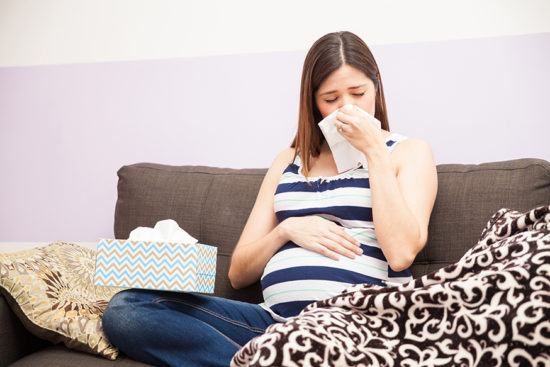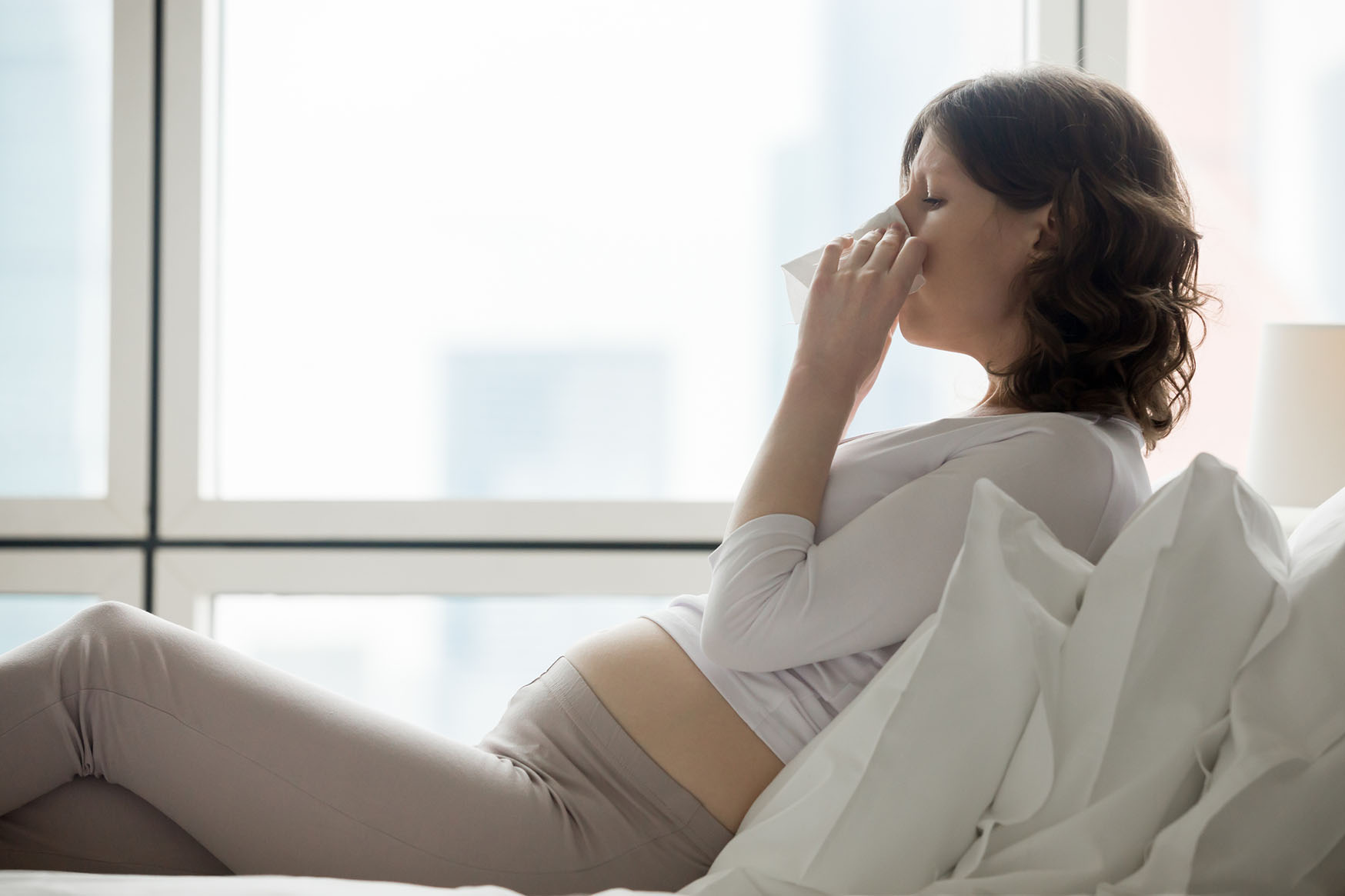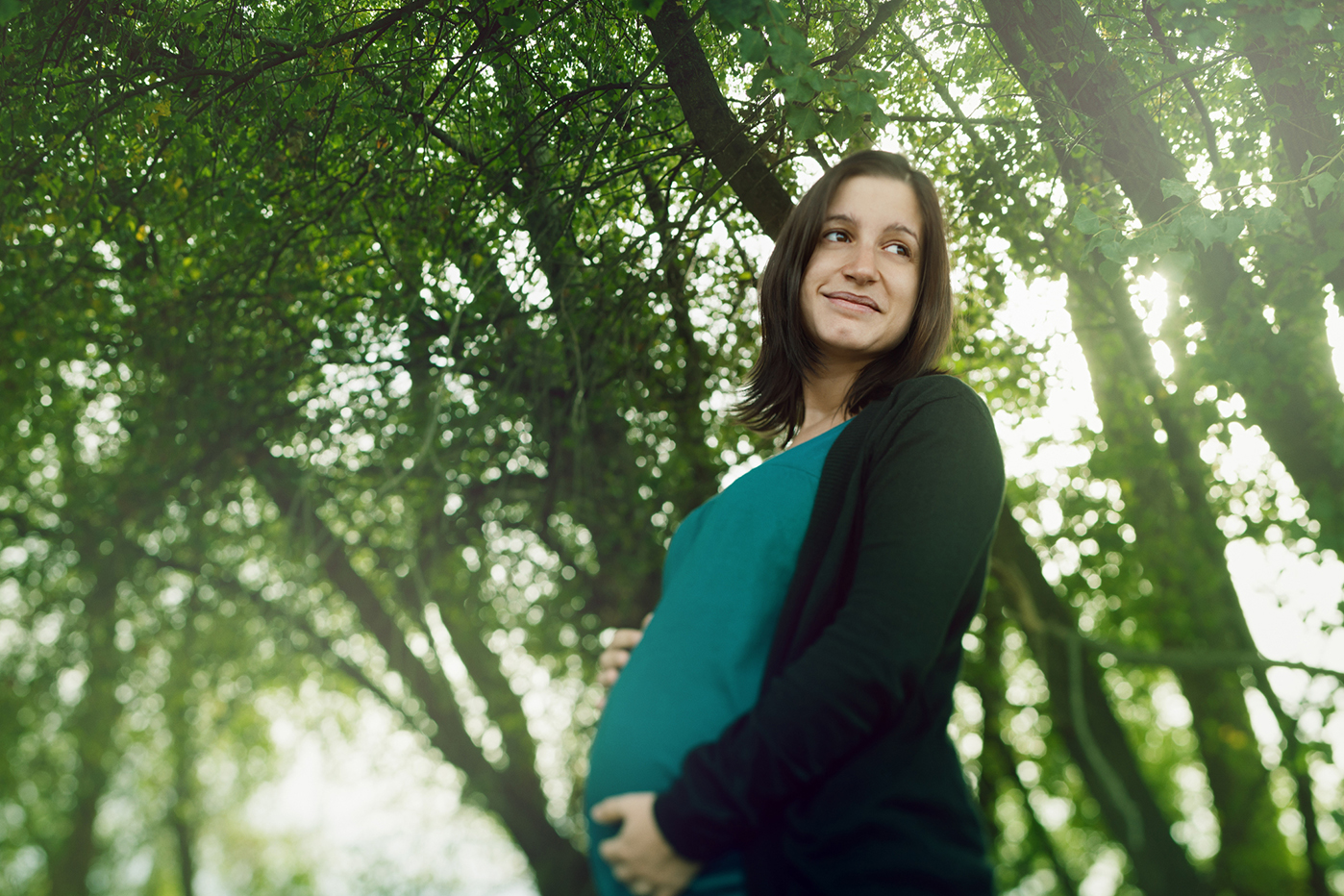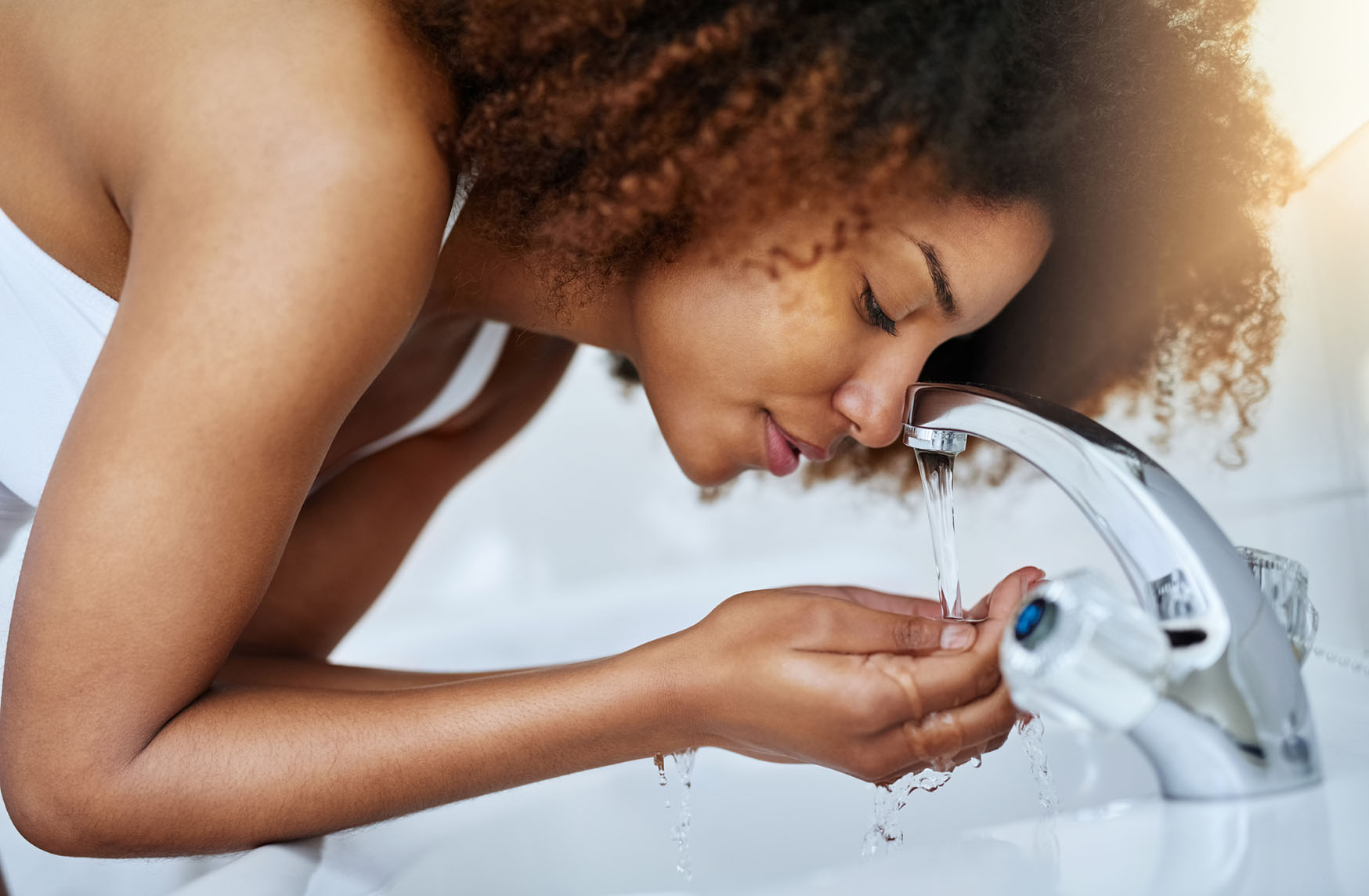If the prospect of spring fills you with dread because of hay fever, read our top tips to keep itchy eyes at bay.


One in four of us suffer from hay fever. For some, there will be a few weeks of itchy eyes, while others face an entire summer unable to breathe through their nose.
The bad news is that up to 30% of pregnant women experience allergic reactions, like blocked sinuses, runny noses, itchy eyes or sneezing.
The good news is we have useful tips to help you find relief from the symptoms of hay fever.
If you’ve always suffered from hay fever, you might be used to taking a certain medication or brand.
It’s a good idea to ask your GP for advice on what antihistamines you can take safely for you and your baby.
However, if you’re pregnant, pharmacists are unlikely to sell you antihistamines over the counter.
This is because of manufacturer’s restrictions so it’s a good idea to see your GP for advice on what you can take safely for you and your baby.
The first recommendation from your GP will probably be nasal sprays, nose drops or eye drops instead of tablets.
If these don’t work, an oral antihistamine might be recommended because they won’t make you drowsy, something like loratadine or cetirizine.
Chlorphenamine is also considered safe to use during pregnancy, but will make you drowsy and should be avoided close to labour.
Your GP may also prescribe corticosteroid nasal sprays or drops instead of antihistamines if your symptoms are particularly bad.
It might be lovely outside but pollen can make a sunny day a nightmare for hay fever sufferers. Use the Met Office’s Pollen Forecast to see when pollen levels are high in your area.

It can be useful to know which specific plants and pollen trigger your hay fever. You can do this by asking your GP for an allergy test.
These tests are either skin prick tests, where your skin is pricked with a small amount of the allergen, or blood tests.
Once you know what pollen and plants you’re allergic to, you can plan accordingly.
For instance, if it’s tree pollen you’re allergic to, late March to mid-May will be bad for you, for grass pollen it’s mid-May to July and for weed pollen July to September are your worst seasons.
No one wants to stay in while the sun shines so learning when and where you can enjoy it allergy-free will make a huge difference.
It’s hard to avoid pollen by staying indoors all the time, and sometimes medication doesn’t work or maybe you’d rather not take any during your pregnancy.

There are a few non-medicinal things you can do that have provided relief for some people:
Suffering from hay fever can be really frustrating and uncomfortable, particularly when you’re pregnant. Hopefully our tips will help you enjoy spring and summer with a few less sneezes.